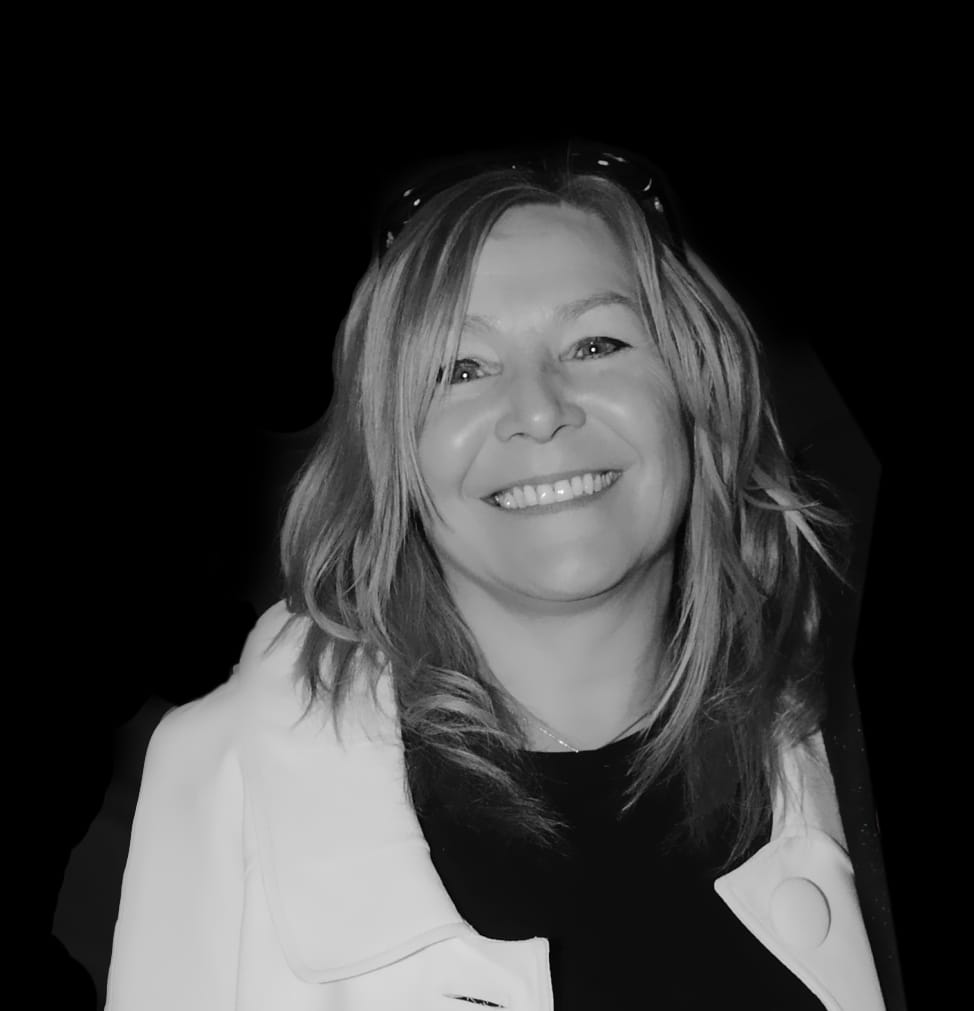Tackling racism in the workplace




Sharon Pegg, Director and Founder of the Northern Powerhouse Consulting HR organisation offers general and specialist advice in Wellbeing and Inclusion.
Born and educated in Huddersfield, this respected business woman will be sharing a number of articles over the coming weeks.

A Question of Bias: Tackling the scourge of racism in the workplace
Recent events in the US and the resulting global protests have brought racism back into the headlines, and once again, we’re all having to confront some uncomfortable truths.
Despite the great work done by campaigners and society being more diverse and multicultural than ever, racism is still pervasive in many areas of our lives and is as insidious as ever.
The workplace is one of those areas. Despite many organisations introducing diversity and inclusion initiatives, biases exist, conscious and unconscious.
Research commissioned by Sky in 2018 found that a quarter of workers in the UK had suffered discrimination at work, whether it was because of their gender, age, or race, and this is sadly not surprising. Many of us have deeply-held biases towards certain groups of people whether we like to admit it or not.
What might racism in the workplace look like?
The thing about racism in the workplace is that it’s not always ‘direct’ and may be disguised as a seemingly harmless comment.
Racism in the workplace might look like:
· Giving preferential treatment to people of a certain race compared to others.
· Indirect, subtle comments: for example, asking people with darker skin where they come from.
· Stereotyping people: generalising about people of a particular race or making derogatory comments about their culture or customs.
· Hostility: For example, mocking someone’s accent, criticising them unfairly, or treating them differently.
· Being overcritical of people of a different race.
· Overlooking people from BAME backgrounds for recognition or promotion
What needs to happen?
Managers need to consider introducing unconscious bias training at all levels of the organisation. However, training is not some magical solution to the problem of racism, it should be a starting point for a bigger conversation. Diversity and inclusion should be a part of all decision-making, training, policy- making, and organisational processes.
Leaders should work on creating an inclusive culture where people feel safe and able to speak up about racism, whether they are on the receiving end or they have witnessed it.
Organisations should introduce measures to minimise the effects of conscious bias in their hiring practices, how they evaluate employee performance, and how they decide on things like promotions and pay raises.
Businesses need expert HR help and advice. They need to make sure all of their ducks are in a row when it comes to complying with discrimination laws and that their policies and practices demonstrate a commitment to diversity and inclusion.
Racism is bad for business
As well as putting companies at risk of landing in hot water legally, allowing racism to go unchecked creates divides in workplaces and this undermines morale and productivity in teams. Not only that, organisations will miss out on recruiting from a diverse talent pool that best represents the customers and communities they serve.
But aside from the business impact, racism is plainly morally wrong and is a scourge on humanity. It’s now time to reclaim our humanity; let’s start in the workplace.
What can you do?
This is not a new issue, it’s a long standing and deeply embedded issue. I can remember the days when I’d go to the shops with my mum and see the “No Blacks, No Irish and No Dogs” sign. I remember asking my mum “would grandma not be allowed in here?” and she very quickly hushed me.
So yes, while we may think that things have got better, have they really? That question needs to be asked to today’s diverse communities. We know that we make up our minds about people from how they look; that’s a bias fact.
Stigma and discrimination exist and as James Corden very appropriately put it, “This is the people of white communities’ problem not our diverse communities’ problem.”
We absolutely need to flip this on its head. We have been given an opportunity to change, to learn and understand. We need to show up, shut up and listen, and be curious. Learning and understanding will equip us with empathy and help us to see the challenges that we are blind to at this moment. Open your eyes and see what beautiful people we have in this world we share.